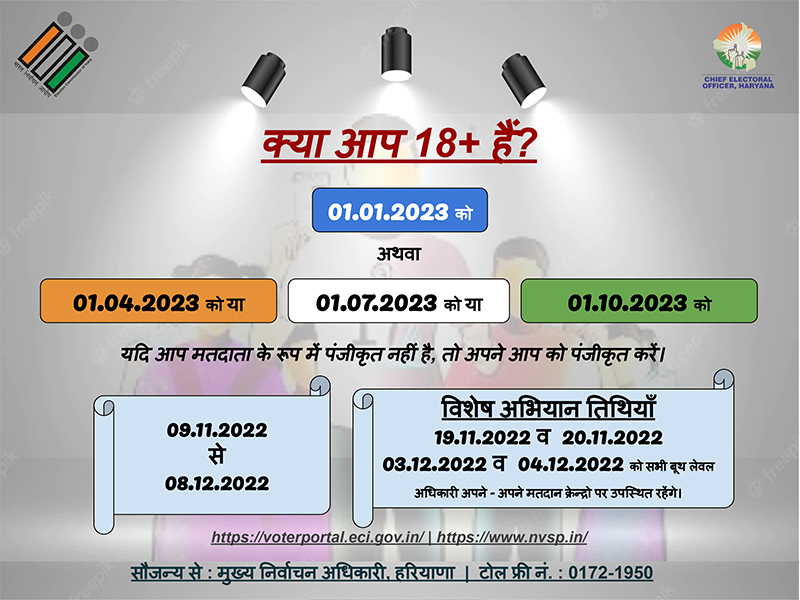Manav Rachna University has shifted towards new horizons of ICT-based learning, where a spectrum of teachers as mentors, co-learners, and facilitators has emerged, while students are becoming more self-driven and knowledge centric in order to be true 21st century learners. The campus is outfitted with cutting-edge ICT amenities, including state-of-the-art classrooms, auditoriums, seminar halls with audio visual capabilities, and continuous internet connectivity.
- The I-Cloud ERP Portal is used for the campus management system. It is a comprehensive yet flexible Education Management System that is compatible with a variety of devices and digitizes the teaching and learning process via web and mobile applications.
- From uploading timetables to attendance marking, course content uploading, conducting assessments, student feedback, scheduling examinations, admit card generation, and result preparation by uploading marks for all internal and end-term assessments and calculating CO-PO attainment for outcome-based education, EMS supports all activities.
- An institutional email account is given to each member of the Faculty, staff, and students. For the smooth conduct of online classes, faculty members are provided with desktop/laptop computers and a real-time document scanner.
- As part of the MS Office 365 adoption program, the university has subscribed to MS teams for online class delivery, webinars, meetings, and assessments. MS Teams integrates with a number of other Microsoft Office tools, including Microsoft Stream, Microsoft Wiki, Microsoft OneNote, and Microsoft Form.
- The university has a local chapter of SWAYAM NPTEL and is a node center for Virtual Labs in collaboration with IIT Delhi. The university has partnered with Linked-In Learning to help students build their profiles and choose their learning path for career advancement.
- Faculty are given academic freedom and encouragement to use innovative methods. Faculty use various e resources from NPTEL, e PG pathshala, NITTTR, MOOCS, Coursera, and others to provide students with an enhanced learning experience.
- As flexibility and dynamism take over in Covid-19, flipped classrooms have become a reality and second nature to online teaching-learning. Faculty use wikis and discussion boards to help students learn collaboratively. Google Docs sharing and Microsoft 365 Word provide numerous options for collaborative work.
- Faculty, scholars, and students can use software like Urkund and Turnitin to check for plagiarism.
- Wifi enabled library; interactive library portal; single window search solution provides 24X7 access to the library’s electronic resources via web-based library software.
- Although live sessions are effective at engaging students, synchronous learning is a byproduct of the same technique. Live session events such as webinars and expert talks are designed to encourage students to actively post and respond to one another within a set time frame.
- Following Covid-19, ICT-based evaluation has become the new norm, with continuous comprehensive evaluation conducted using Google Forms, Microsoft Forms, and the Assignment management tool of MS Team, among other tools.




